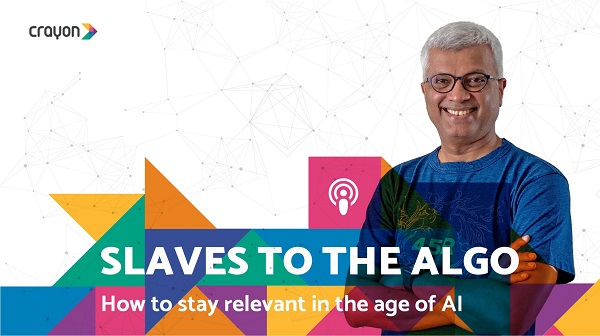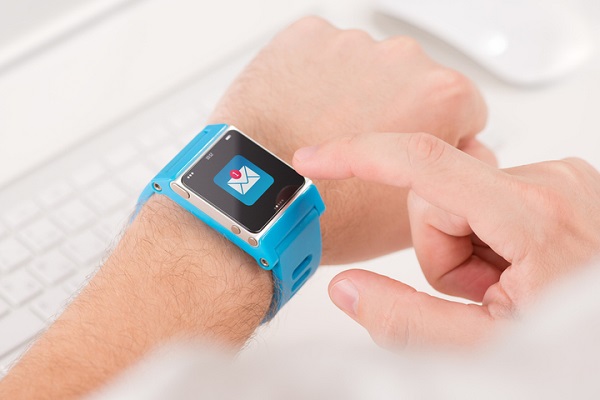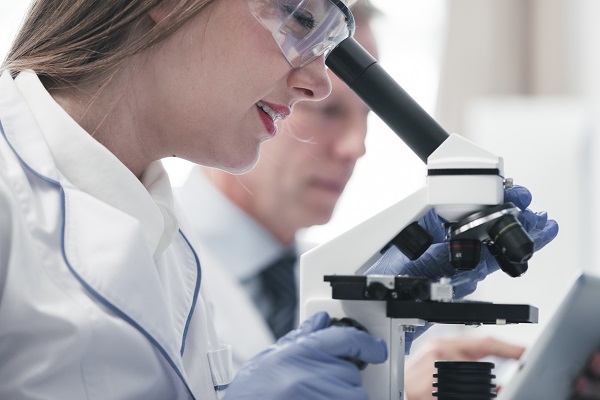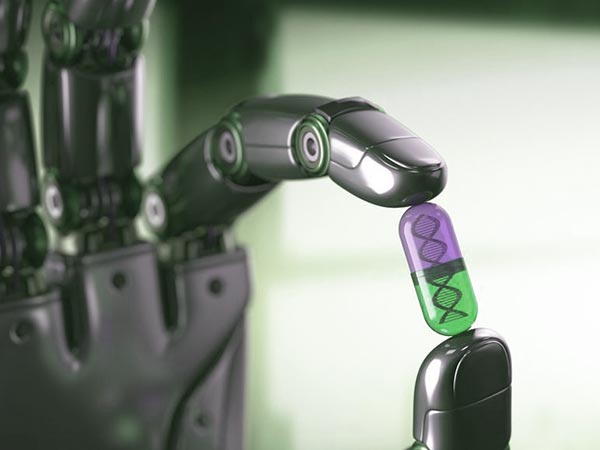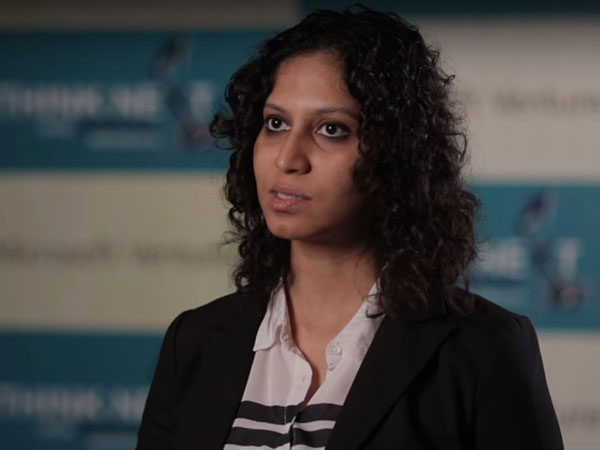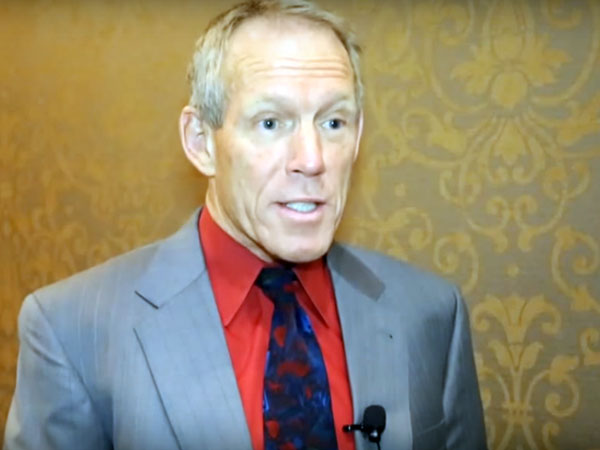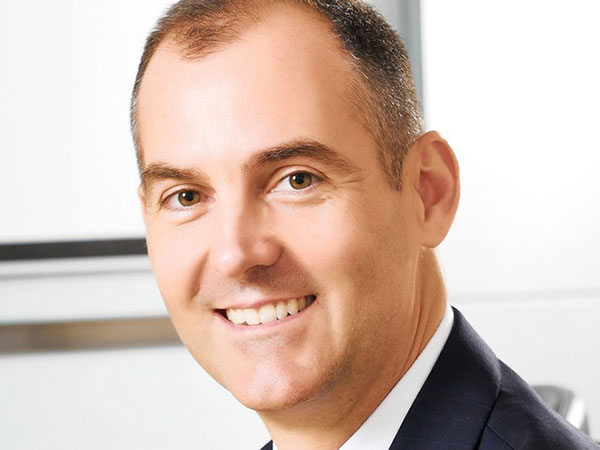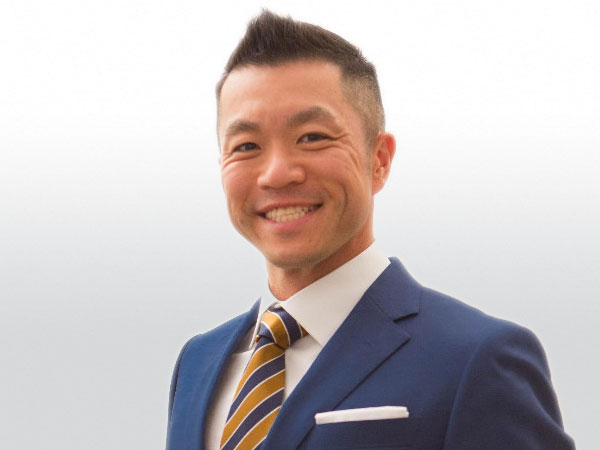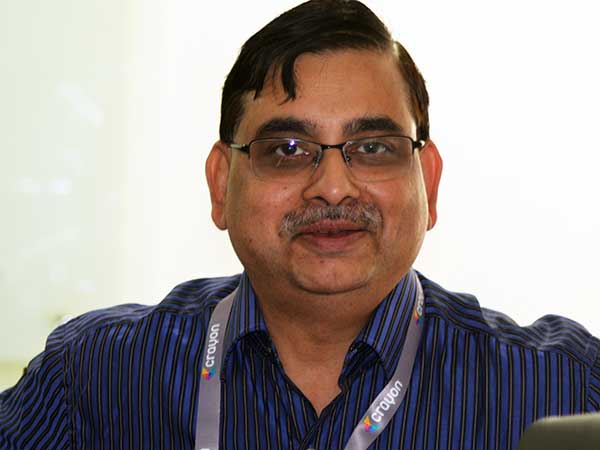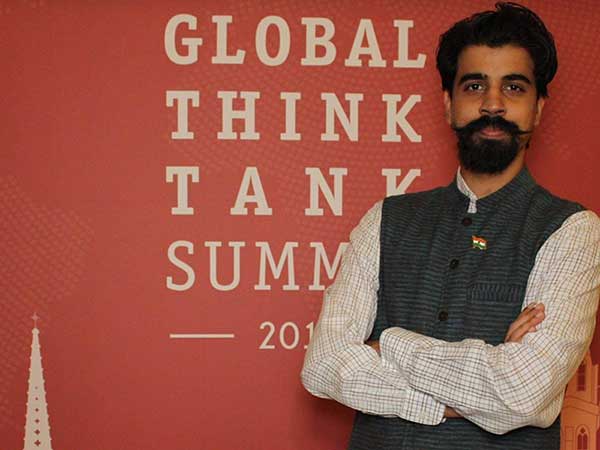We interviewed Professor Mike Trenell, Chief Scientific Officer of Changing Health, which combines psychological tools with technology to help people with Type 2 diabetes (where the body becomes resistant to insulin) improve their lifestyle habits and better manage their condition. Mike spoke about how new technology, enabled by artificial intelligence and big data, can help people suffering from diabetes.
You can read the complete interview below.
Thanks for accepting our interview request. Let’s start with you. Can you tell us a little bit about yourself?
Changing Health provides behavior change programmes for people with Type 2 diabetes, pre-diabetes, and weight management issues, clinically proven to transform health outcomes. Our programmes empower people with the tools and knowledge to make lasting lifestyle changes.
We’ve combined health coaching rooted in behavioral psychology with engaging digital education, translating nine years of scientific research into programmes that show people how to they can fit more positive diet and exercise habits into their day-to-day lives, and stick to them.
We know that your company Changing Health recently raised £3 million in new funding and it basically combines psychological tools with technology to help people with Type 2 diabetes (where the body becomes resistant to insulin) improve their lifestyle habits and better manage their condition. Can you explain how you do it?
Our approach is two-pronged: firstly, a course of evidence-based education delivered via mobile or PC on how diet, exercise, and Type 2 diabetes affects the body. It teaches users things how, for example, bread and pasta affect our blood sugars and what that means for people with diabetes.
The education gives users the knowledge to better manage their condition; the next step is to give them the psychological skills to put that knowledge into practice. People with Type 2 diabetes often need ongoing psychological support to stick to the lifestyle changes they want to make – which is the job of our crack team of expert lifestyle coaches. Each user is assigned their own personal coach, who will devise a personalized plan of action for each user, help them overcome any challenges and keep them motivated through a series of phone calls over 12 months.

Changing Health founders Professor Mike Trenell (right) and John Grumitt (left)
How does Artificial Intelligence come into this picture? Can you tell us about the new AI platform to be launched in 2019?
Personalizing our intervention to each individual is key to our approach; showing people how they can make lifestyle change simple is what makes users stick to those changes over the long-term.
So in 2019, we’re taking this personalization to the next level, using machine learning, we’ll be automating elements of the lifestyle change journey. So that users’ phones routinely provide them with helpful advice, motivational messages, articles, videos and so on, that are relevant to their own routine and personal circumstances. When you combine that level of personalization with the psychological support they receive in conversation with their lifestyle coach, you’ve got a powerful mix.
The AI platform is entirely personalized for each user and will harness the power of big data to identify the social, environmental or demographic factors most likely to influence users’ lifestyle behaviors. How does this personalization work?
We can’t go into massive detail I’m afraid. But we can share that we’ve access to years of behavioral data that will inform our approach. Historically we’d look to create user personas in groups, i.e. this persona group has a higher than average BMI for a 51-year-old, believes they’re healthier on average than their peers, smokes, feels they don’t have time to exercise regularly”. Using the above data sets, and the real world data we collect daily, we’re striving to create a level of stratification that is completely personal to the individual.
An intervention can then be tailor-made to that person, taking a whole range of variables into account: their self-awareness on diet, level of health literacy, personal traits, attitudes and values, and use clinical and behavioral biomarkers to track that person’s journey.
When it comes to AI, getting it right is always hard. What are the key challenges AI companies in healthcare are facing right now, in terms of the accuracy of algorithms, infrastructure, data security, privacy etc.?
An initial challenge for companies using AI in healthcare is collating enough user data for the algorithm to reach its full potential. But as more users join our programme and the dataset becomes more robust, we’ll be able to train the system to segment our users more accurately.
Of course, data security is a critical issue for any business working with AI; Changing Health manages large quantities of user data and keeping it safe is paramount. We’re continually reviewing our data security measures to ensure we’re protected against risks of any kind.
There is a good number of players who help people suffering from diabetes, with new technology enabled by artificial intelligence, starting from continuous glucose monitor and alerts to artificial pancreas powered by AI. So, there is tough competition out there. What is your take on this and how will you deal with it?
It’s an exciting time for diabetes prevention. There are lots of diabetes companies out there doing big things with technology, but we’re in a much smaller space of combining AI with psychology to give people the ongoing support they need to transform their lives. This isn’t comparable to say a CGM, or alert via an app/watch.
Our leadership team has decades of academic experience researching metabolism, health psychology and behavioral science, so they’re at the forefront of current thinking on how to create health interventions. That research is ongoing – which puts Changing Health in a strong position to translate the very latest science into a product that’s always improving.


